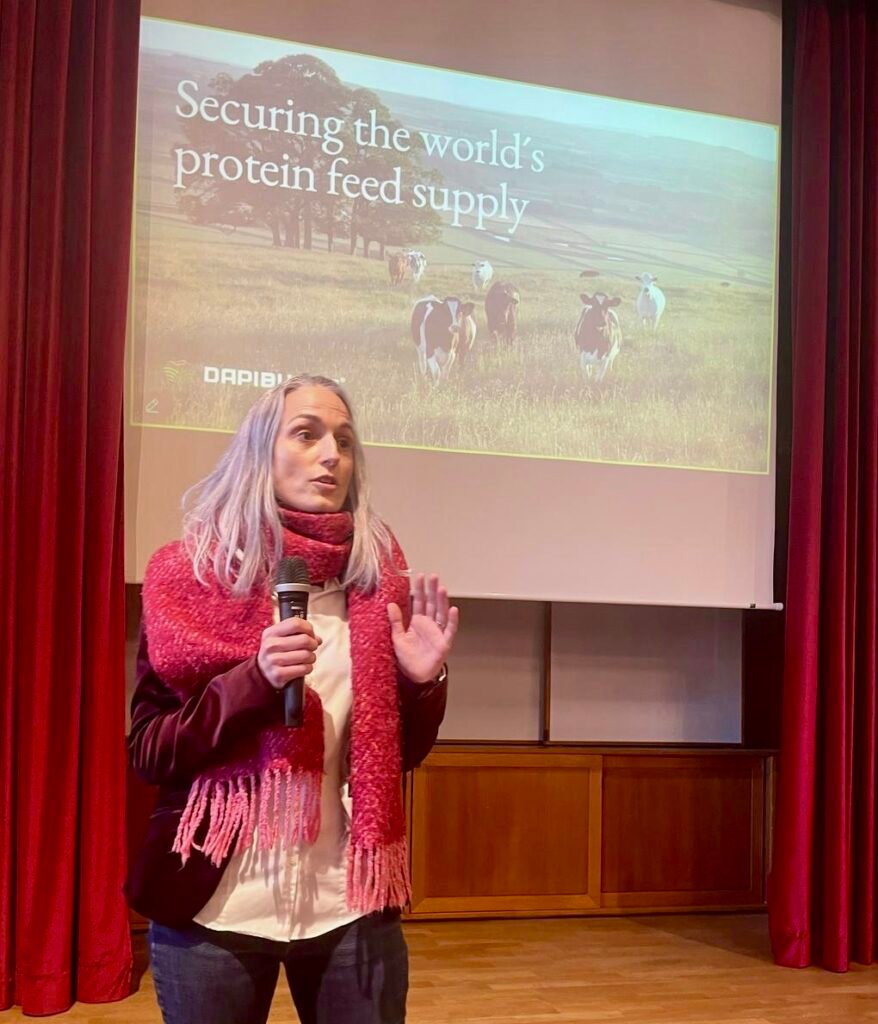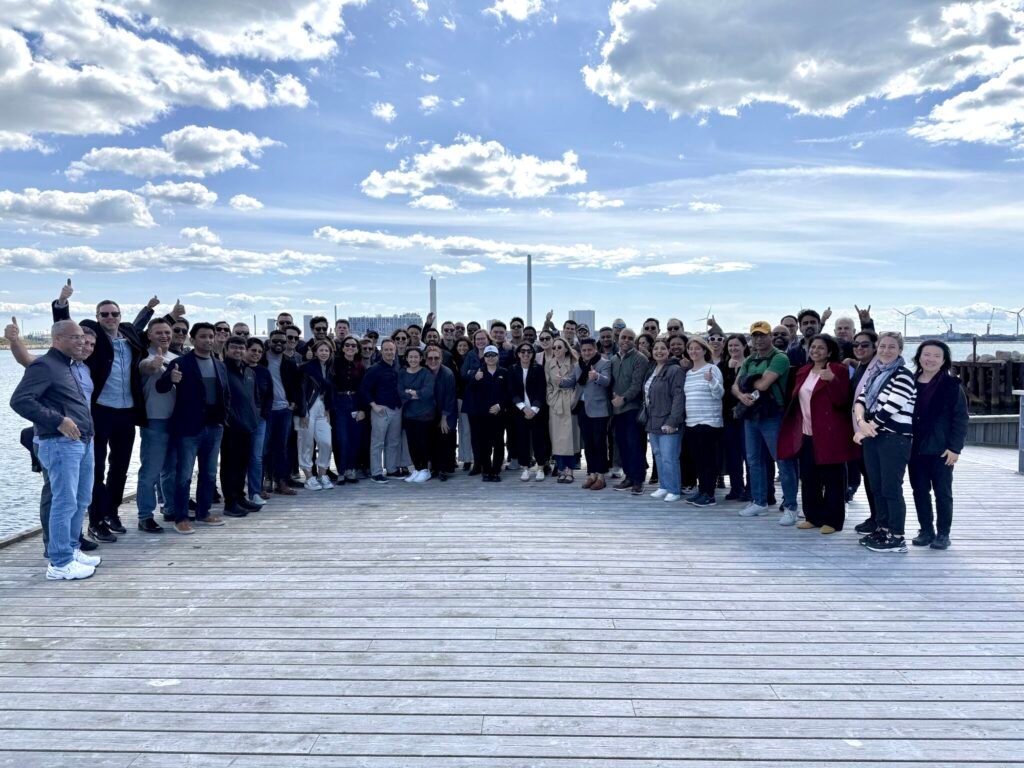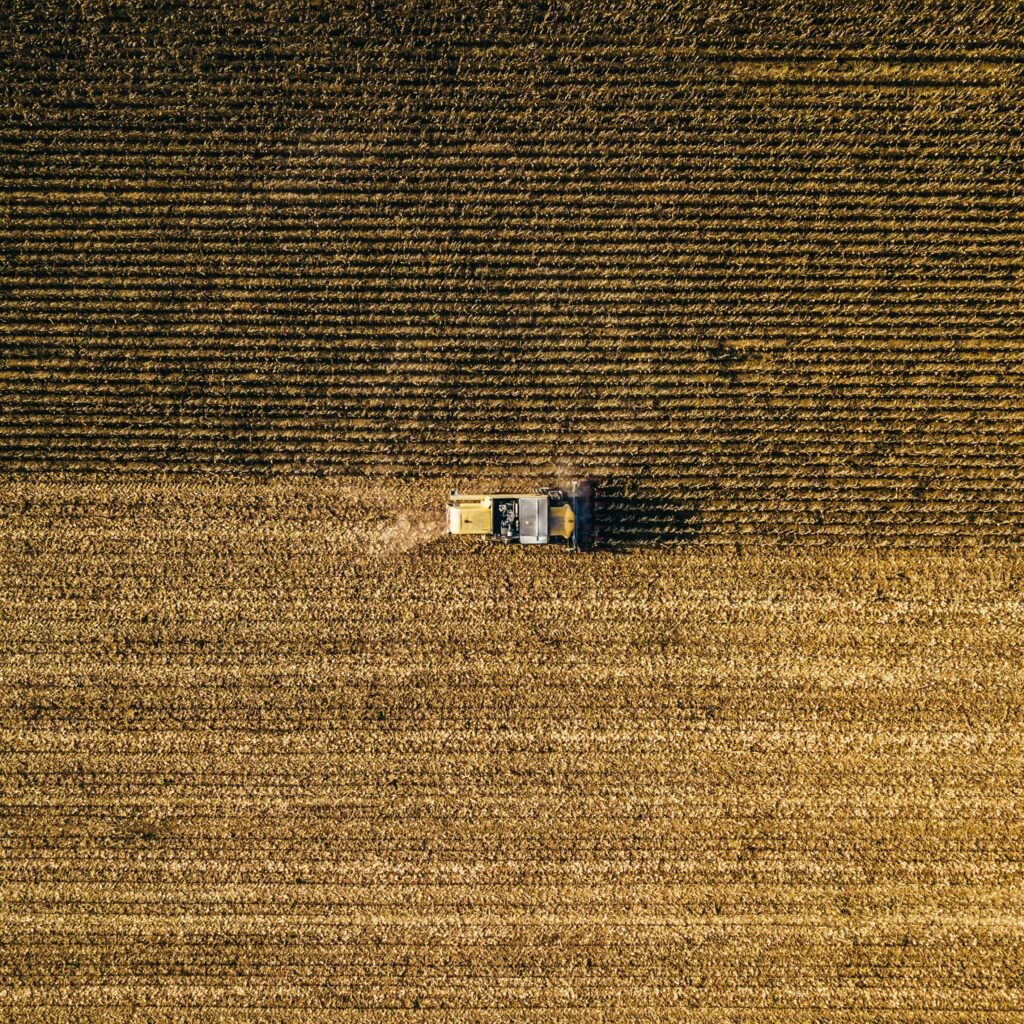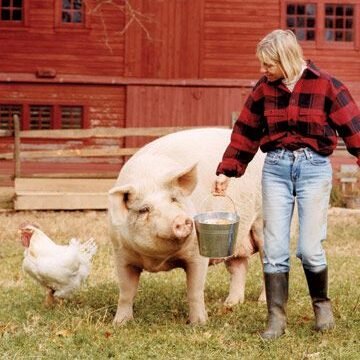news & updates
Dapibuset joined leading Nordic companies and MBA students from UC Berkeley’s Haas School of Business to explore sustainable solutions for transforming the global food system—from smart circular proteins to sustainable packaging.
On March 26, Dapibuset had the honor of joining a panel of Nordic innovators at “Rethinking Food and Packaging for Sustainability Across the Value Chain”—a seminar hosted by the International Institute for Industrial Environmental Economics (IIIEE) at Lund University, Sweden.

The event welcomed 48 Executive MBA students from the University of California, Berkeley’s Haas School of Business, visiting as part of their course, Sustainable Capitalism in the Nordics?, led by Dr. Robert Strand.
The course explores the possibilities—and challenges—of realizing sustainable capitalism, using the Nordic region and its businesses as a living case study. By comparing economic and governance models, students assess sustainability performance, confront trade-offs, and reflect on lessons that can be applied globally. The program is a collaboration between Berkeley Haas and Copenhagen Business School, supported by the Nordic Center at UC Berkeley and the Center for Responsible Business at Berkeley Haas.

While based in Copenhagen for the week, the students crossed the Öresund Bridge to Lund for this special session—diving into how Nordic approaches are reshaping food systems through circular thinking, innovation, and collaboration.
A Cross-Industry Conversation on Food Systems
At the seminar, we were honored to share the stage with fellow sustainability leaders Tetra Pak, The Green Dairy Innovation, and MAX Burgers— each offering valuable insights into how Nordic companies are addressing environmental challenges across the food value chain.
The program began with opening remarks from Emma Johnson and Hatice Has, researchers at the IIIEE, who framed the session with a look at today’s sustainability challenges and the opportunities for innovation.
Together with the guest speakers:
- Rita Lousa (Corporate Affairs Manager, Tetra Pak)
- Catarina Englund (CEO, The Green Dairy Innovation)
- Kaj Török (Chief Sustainability Officer, MAX Burgers)
- Lidia Garcia Pou (CEO & Co-founder, Dapibuset)
—we explored how innovation across the value chain can drive meaningful change. From agricultural inputs and protein innovation to packaging and food service, the discussion highlighted the interconnected nature of sustainability and the need for collaborative, systemic approaches.
Participating alongside other Nordic innovators also reminded us of the strength of regional collaboration and how shared values—like stewardship, transparency, and long-term thinking—can scale globally if we dare to lead boldly.

We especially appreciated hearing how others in the sector are approaching similar challenges, and we enjoyed the dynamic conversations with the MBA students. The Q&A sparked important dialogue on systems thinking, innovation, and the evolving role of business in shaping a sustainable future.
The message was clear: the future of food isn’t about small tweaks—it’s about rethinking the system. From how we produce and package food to how we define value, transformation must be bold, inclusive, and holistic.
The Circular Ingredient Perspective: Rethinking Protein Production at Dapibuset
So, what did we bring to the table?
For us at Dapibuset, the session reaffirmed a core belief: circularity isn’t just about recycling—it’s about reimagining how value is created, captured, and shared across the entire food ecosystem, from farmer to consumer.
Our contribution focused on rethinking how protein is produced, valued, and scaled. We don’t need more protein—we need smarter protein systems.
That’s why we’ve developed a biomanufacturing platform that works with what the food system already produces—but is too often undervalued and discarded. Using fungi-based fermentation, our technology enables overlooked crops, side streams, and industrial by-products to be transformed into MycoSpan™—a versatile and improved high-protein ingredient.

This circular approach reduces environmental impact, minimizes food system waste, and supports Europe’s transition away from imported soy and other high-impact proteins. It also improves the quality—not just the quantity—of available protein, while supporting food system resilience.
“Circularity, to me, means responsibility. It’s about taking a hard look at what’s already in the system—the by-products, the overlooked crops, the waste we’ve normalized—and asking: how can we make this enough? Not just technically, but socially and environmentally. It challenges us to rethink value, redesign systems, and move from extraction to regeneration.” – Lidia Garcia Pou (CEO & Co-founder, Dapibuset)

At Dapibuset, circularity isn’t an add-on—it’s our foundation. We’re building a protein system that regenerates value across the food chain, proving that business value and sustainability can—and must—go hand in hand.
Thank you!
This wasn’t just another presentation—it was a meaningful chance to engage with future global leaders on one of the most urgent challenges of our time: rethinking how food systems work.
The conversations underscored that sustainability won’t be achieved through small improvements, but through bold, systemic transformation. For us, it was a moment to reflect on our role—rethinking protein, reducing waste, and showing that circularity can be a business strategy and a responsibility.
We’re deeply grateful to Dr. Robert Strand, the Haas School of Business, and the IIIEE team for inviting us to be part of this important conversation. And to the MBA students—thank you for your curiosity and thoughtful dialogue.
The future of food isn’t just about better ingredients. It’s about building better systems—and having the courage to lead them forward.
(No spam. Just real progress, when it happens.)

Leave a Reply